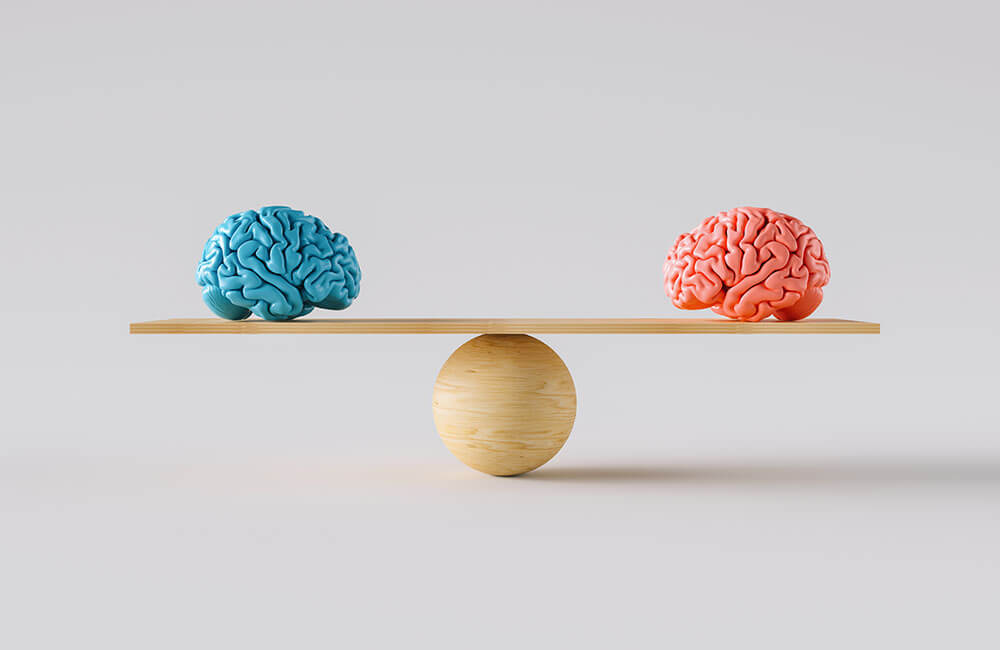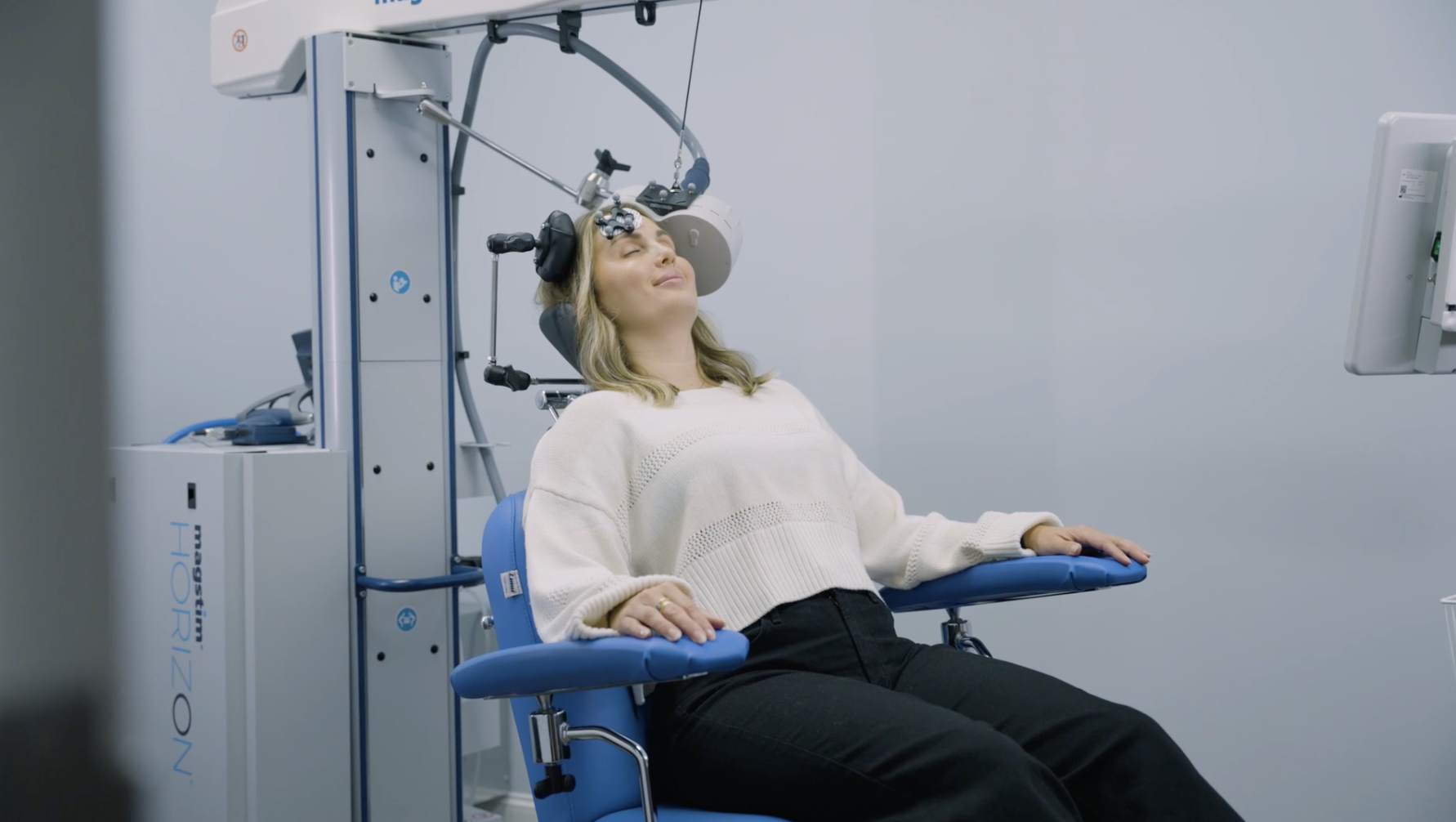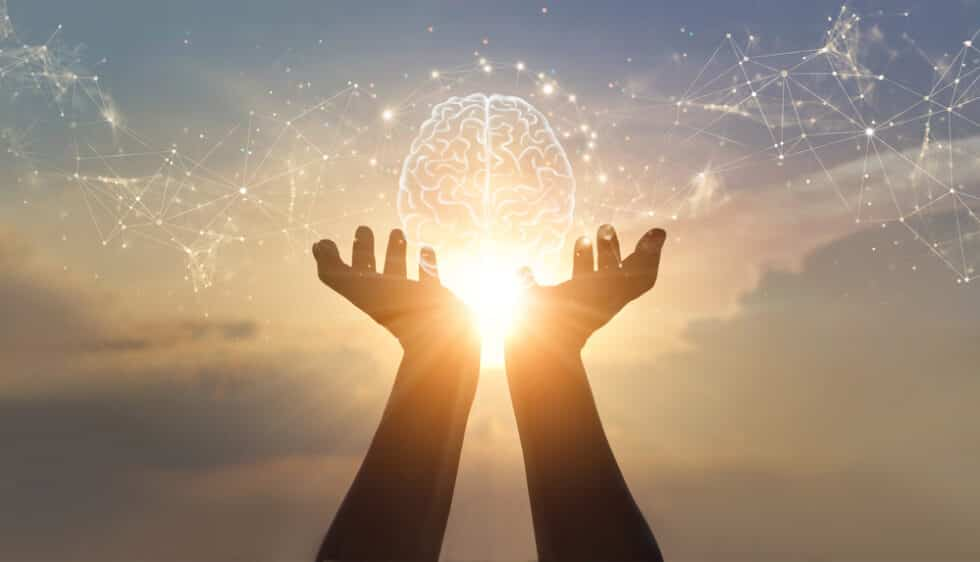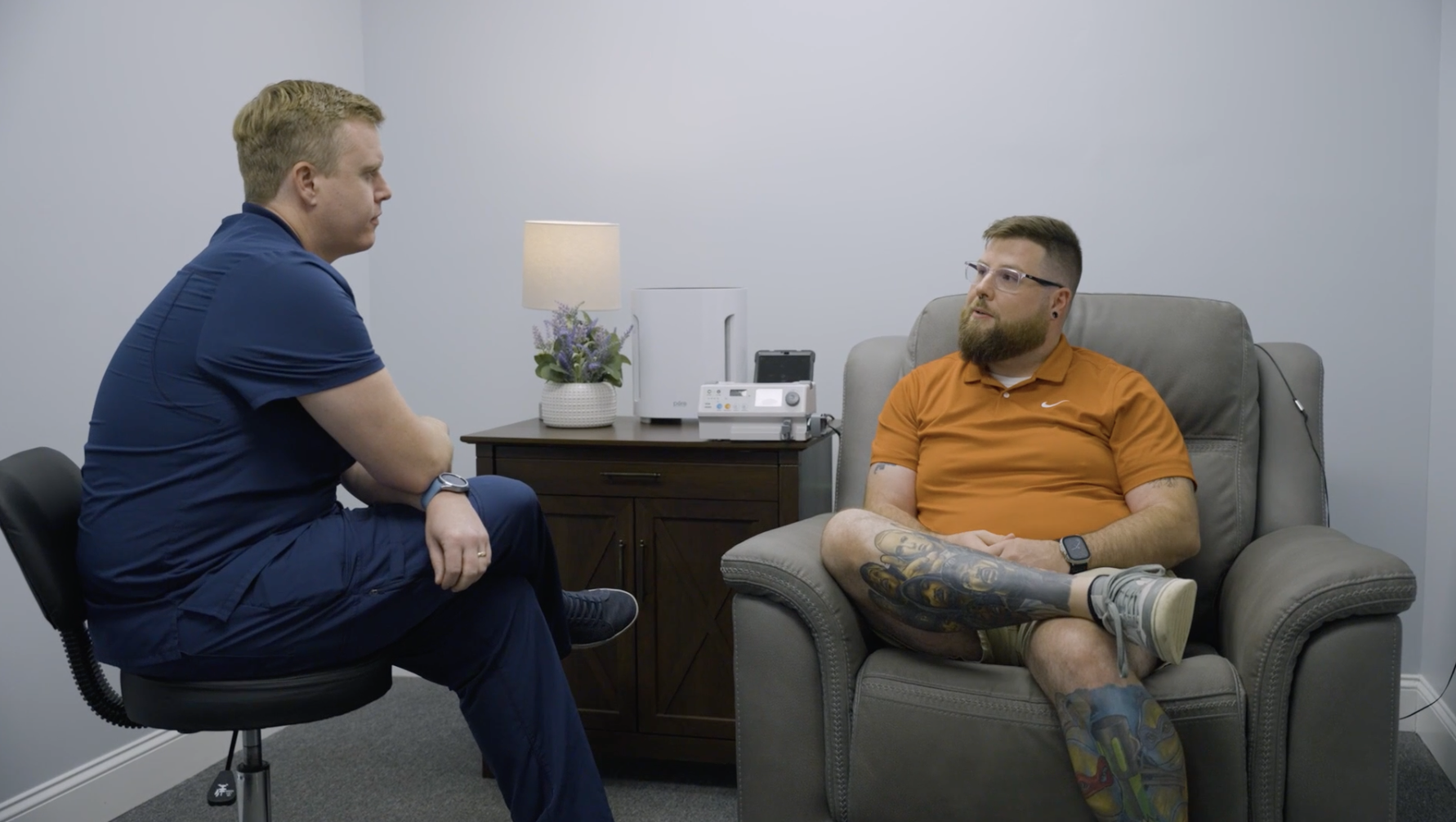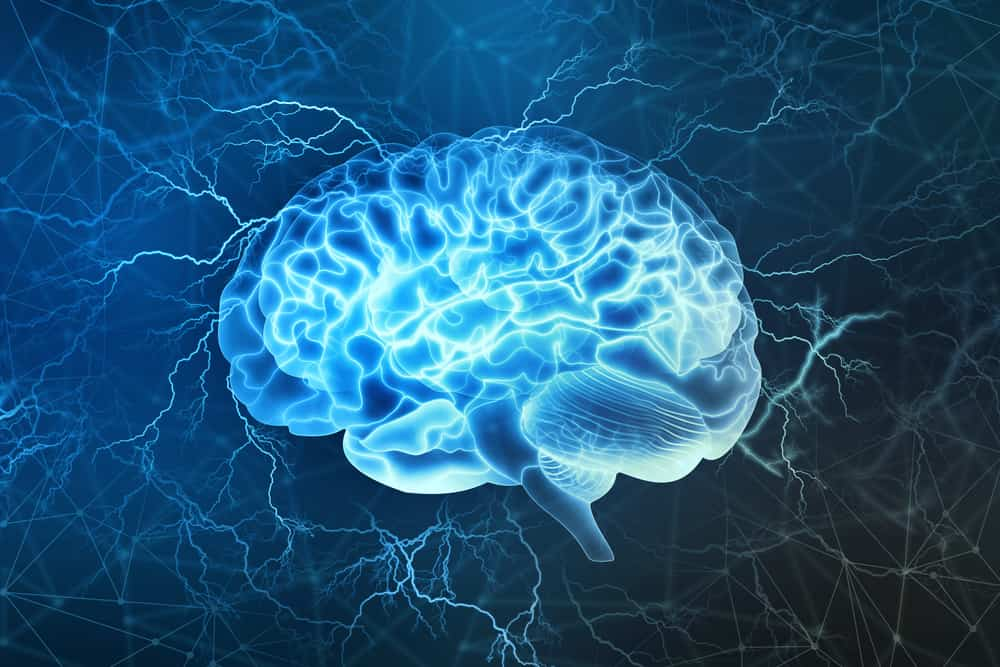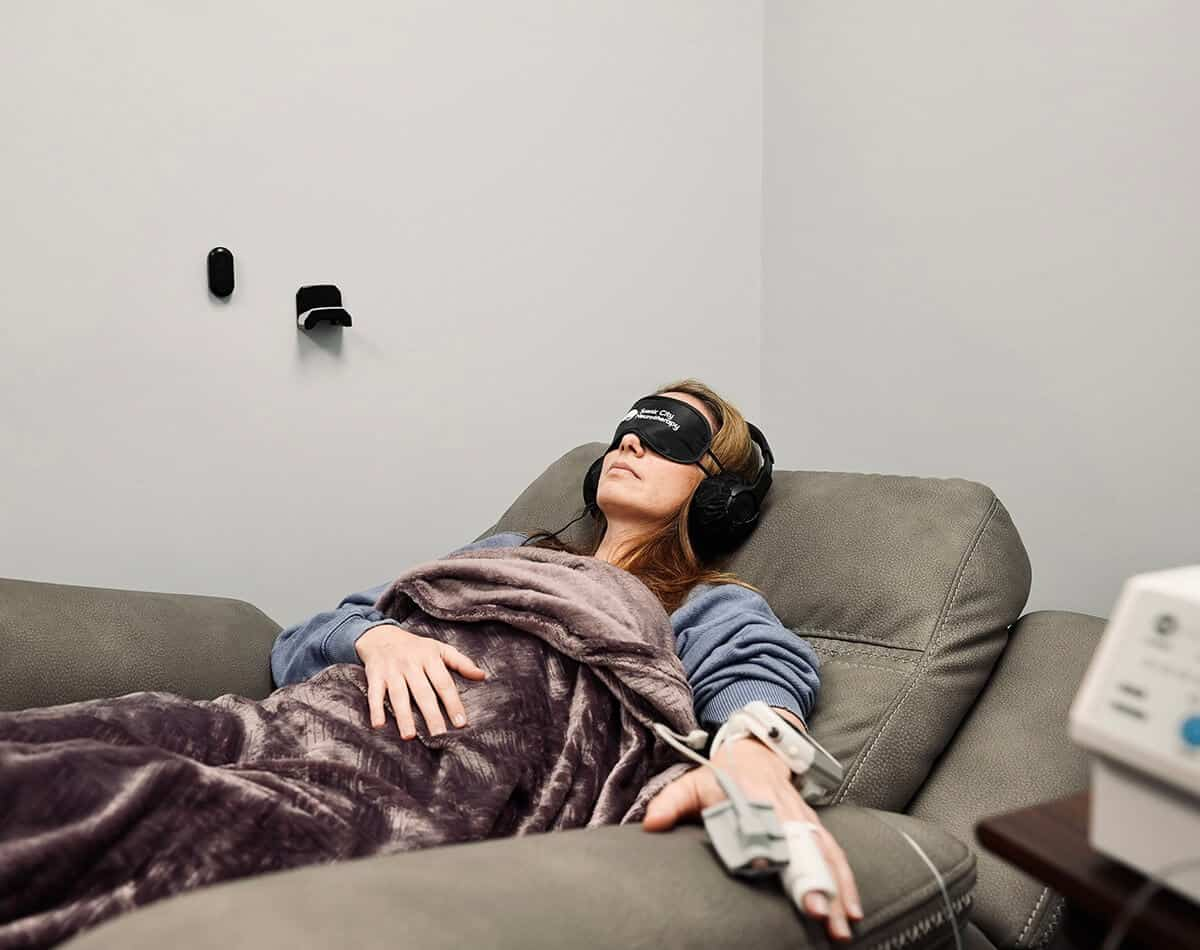Why Isn’t Neurotherapy More Common?
The most common question I receive about Neurotherapy is, “If this works so well, why aren’t more providers offering it?” My answer to this is, “Adoption takes time, and the current standard of psychiatric practice is devoted to managing symptoms.”
Symptom management is our first approach to the treatment of any disease process. In other forms of medicine, symptom management is how we discovered anti-inflammatories or anti-pyretics. We use medications and natural supplements to manage symptoms like weight gain, poor sleep, pain, and other health issues that we have limited ability to treat directly.
What Does Psychiatry Really Treat?
Psychiatry is one of many medical specialties which is constantly working toward maximizing quality of life through symptom-based medication management. Until the root cause of a disease is fully understood, treatments often aim to manage symptoms rather than cure the underlying condition.
The development of psychiatric medications has largely been guided by the Monoamine or Serotonin Hypothesis. In 1965, Joseph Schildkraut proposed that depression was associated with low levels of norepinephrine, and later researchers theorized that serotonin was actually the neurotransmitter of interest. The field recognized that mental health optimization was achieved by optimizing communication in the brain. By manipulating neurotransmitters, clinicians sought to regulate mood disorders and their effects.
Psychologists, therapists, and counselors complement this approach by teaching patients essential skills, such as coping mechanisms, cognitive processing techniques, and goal oriented strategies so they can regain control of their mental health. It wasn’t until the late 1990s that attention turned to optimizing neurons themselves, rather than neurotransmitters, as a way to enhance brain communication more effectively.
Depression Is a Symptom, Not the Disease
Somewhere along the way, psychiatry confused the symptom with the disease. Consider this: what disease do psychiatrists actually treat? Most people would say depression. However, that’s not entirely accurate. Psychiatrists prescribe medications to manage depression, but depression is a symptom, not the underlying disease. So, what is the disease? This is where Neurotherapy offers a transformative perspective.
Advances in imaging technology have deepened our understanding of how the brain communicates and how mood disorders manifest. These breakthroughs allow us to address the “mechanical” disruptions in the brain that produce feelings of depression, anxiety, PTSD, bipolar disorder, and elements of OCD.
For decades, psychiatric medications have targeted neurotransmitters in an effort to enhance communication between brain cells (neurons). However, this approach has its limits. Imagine neurotransmitters as cars and neurons (brain cells) as roads. Nearly all antidepressants are designed to add more cars to the road, but if the roads are blocked, the cars can’t go anywhere.
This is where Neurotherapy steps in, offering solutions that clear the path for optimal communication.
How Neurotherapies Work
Neurotherapies, including Minimally-Stimulated Ketamine Infusion Therapy (MSKIT®) and Transcranial Magnetic Stimulation (rTMS/iTBS), act as catalysts for self-optimization in the brain. These therapies stimulate the growth of new, undifferentiated neurons and restore neurons with limited communication ability, which we now recognize as the root cause of depressive symptoms. These poorly communicating neurons are the true disease, while depression, anxiety, PTSD, bipolar disorder, and OCD are merely symptoms of this underlying issue.
Understanding Neuronal Lesions: The Root Cause of Mental Illness
We all have neuronal lesions, areas of poor communication, within our brain. These lesions can form as a result of traumatic experiences, prolonged stress, and extended periods of anxiety. Non-trauma related lesions typically manifest during puberty but have the ability to appear at any time throughout the lifespan. Over time, these lesions may accumulate, producing an atrophy of the prefrontal cortex and contributing to what we call age-related or idiopathic dementia. Neurotherapies have proven effective in addressing these lesions, offering better treatment options for mental illness, chronic pain, dementia, stroke recovery, traumatic brain injuries, and even assist in treating post-acute coronavirus syndrome.
The Benefits of Neurotherapy: Emotional Control, Clarity, and Presence
For decades, mental health care has focused on managing symptoms rather than treating the root cause of the disease. MSKIT® and rTMS/iTBS are two of the most effective means of improving neuronal communication, leading to enhanced emotional control (doing good elicits good feelings/neglecting self-care feels worse), increased clarity, better cognitive function, and the patient’s own perceived ability to be present and enjoy the moment. Neurotherapy doesn’t replace psychotherapy or psychiatry; rather, it fills the gap, empowering patients to take control of their own mental health management.
Scenic City Neurotherapy offers a better way forward.
About Scenic City Neurotherapy
Founded in 2019, Scenic City Neurotherapy is at the forefront of advanced and comprehensive treatments for those facing treatment-resistant conditions. Our mission is to optimize brain function and elevate well-being through cutting-edge therapies. We specialize in two pioneering approaches: Minimally Stimulated Ketamine Infusion Therapy (MSKIT®) and Transcranial Magnetic Stimulation (TMS).
If you are exploring innovative solutions for mental health, chronic pain, and other neuro-degenerative conditions, Scenic City Neurotherapy offers transformative treatment options. Join us in leading the charge towards groundbreaking brain optimization treatments and empowering individuals to reclaim their lives.
Contact Founder and Chief Medical Officer, Charles Miller today to learn more about our proven protocols for Minimally Stimulated Ketamine Infusion Therapy (MSKIT®). Call 423-228-0579 or visit www.ScenicCityNeuro.com.
